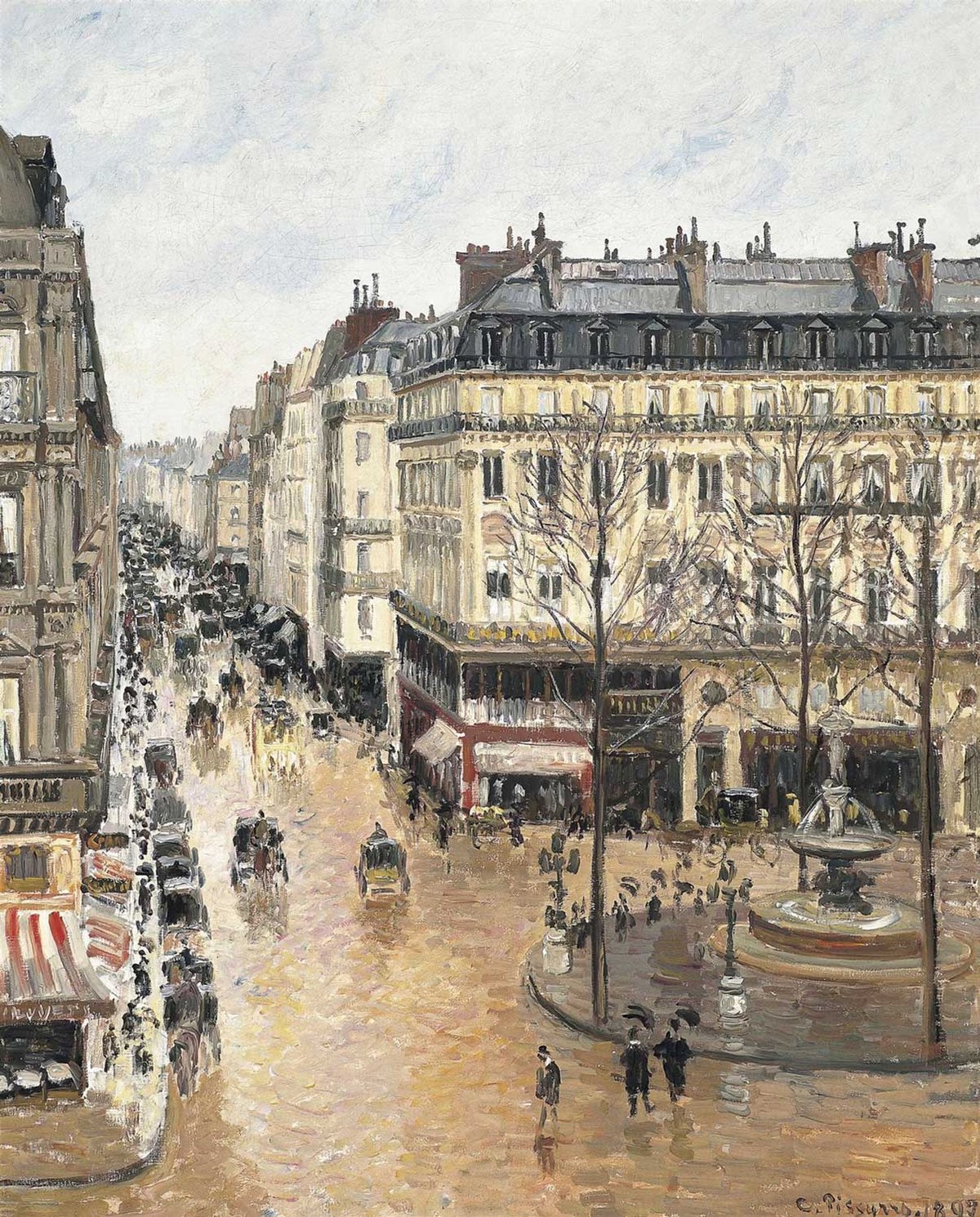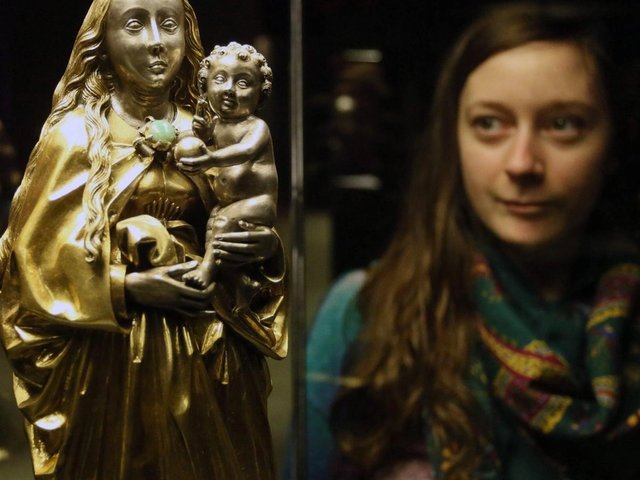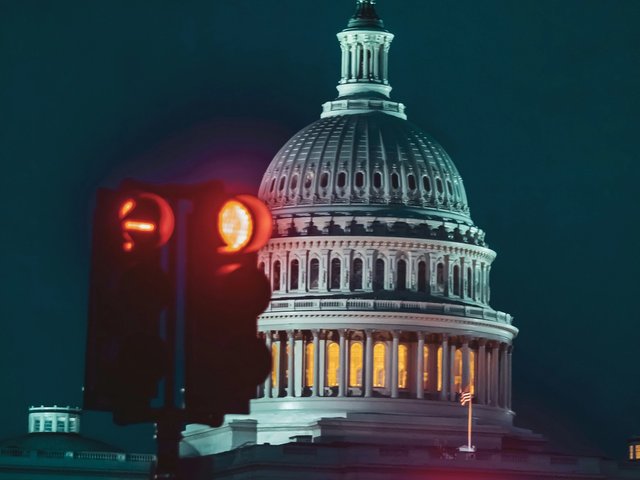A bill has been introduced in the US Senate that would deny art owners an array of legal defences against claims for the recovery of Nazi-looted art. The Holocaust Expropriated Art Recovery (Hear) Act of 2025 aims to continue and extend the 2016 law of the same name, which otherwise expires on 31 December 2026.
“By eliminating unnecessary legal obstacles, it establishes a clear path to restitution for Holocaust survivors and their families” for art stolen by the Nazis, says Senator Thom Tillis, one of the bill’s co-sponsors.
The 2016 Hear Act at present remedies obstacles to Nazi-era art restitution cases created by state statutes of limitations, by granting a national six-year time limit to sue after the claimant’s actual discovery of certain aspects of their claim. The new bill would maintain the six-year limit, and deny certain defences that can currently be raised in such cases, including delay in bringing a claim, prolonged and unchallenged possession, and the seizure within its own borders by a foreign state of its citizens’ property.
The ‘laches’ defence—that the claimant unreasonably delayed suing, leaving the defendant to face undue prejudice in the lawsuit, such as the loss of witnesses or evidence—was successfully asserted in 2012 by William Charron, the lawyer acting for the collector David Bakalar in a Nazi-loot claim. Charron calls the Hear Act a “laudable attempt” to deal with Nazi spoils, but points out that restitution cases “are not always straightforward” and can “involve an absence of critical evidence”.
He adds: “Courts recognise the loss of necessary evidence as ‘undue prejudice’ in art restitution cases. The original Hear Act did not abolish the laches defence. The proposed new Hear Act should not do so either, in my opinion.”
The defence of ‘acquisitive prescription’, which the new bill would also preclude, is when under a foreign state’s law the holder of a work possesses it for a certain period of years without knowing it was stolen. The California courts applied the principle in 2024 to declare ownership under Spanish law by the Thyssen-Bornemisza Collection Foundation in Madrid of Camille Pissarro’s Rue St Honoré, après-midi, effet de pluie (1897). The case is now back in the California courts after a new state law mandated the application of California law.
‘Magnet’ for Holocaust-related cases
The Hear Act of 2025 targets a 2021 Supreme Court decision in a Nazi-era case brought against Germany to recover the Welfenschatz, or Guelph Treasure. Nicholas M. O’Donnell, the claimants’ lawyer in the case, says the bill would “course-correct” the effect of the decision, which “has curtailed claims arising out of Nazi confiscation of German Jewish art collections”. The Supreme Court held that because the original Jewish owners had been German nationals, their heirs could not sue Germany in the US because the seizure was a ‘domestic taking’ by Germany.
The new bill would also preclude the ‘international comity’ doctrine, under which courts can decline to hear cases involving foreign nations and their laws or judgments. Jonathan Freiman, a lawyer who represented Germany in the Welfenschatz case, says the bill “would act as a giant magnet, pulling Holocaust-related disputes from around the world into US courts… If US courts can sit in judgment of foreign nations in disputes involving actions outside the US, then won’t foreign judges start judging disputes over bad things that happened in the US, like slavery and the repeated taking of Native American land?”
Freiman points out that the Washington Conference Principles on Nazi-
Confiscated Art—signed by the US and over 40 other countries in 1998—commits the signatories to resolving Holocaust-related art disputes within the context of their own legal systems and laws.
The World Jewish Restitution Organization in New York has called on Congress to enact the bill, citing “ongoing procedural barriers” in Nazi-era art restitution cases. The bill has been referred to the Senate Judiciary Committee where, as we went to press, it is awaiting further action.






